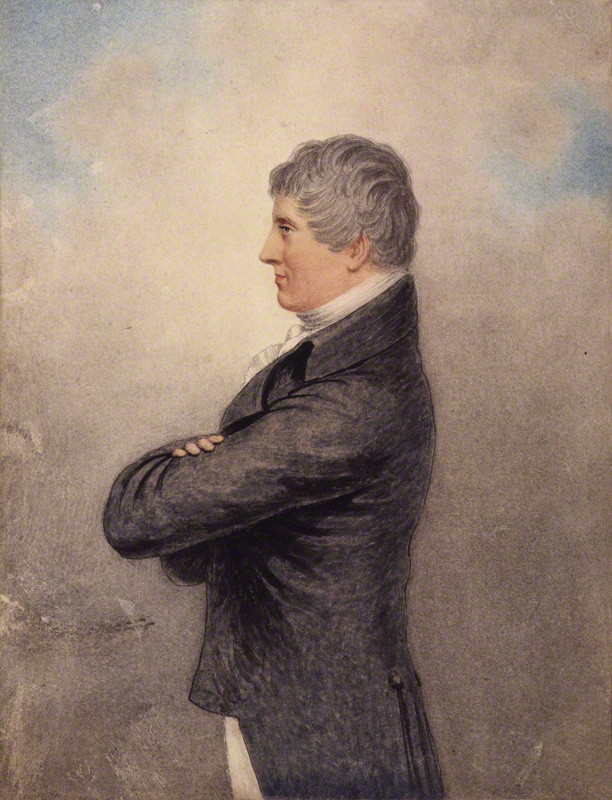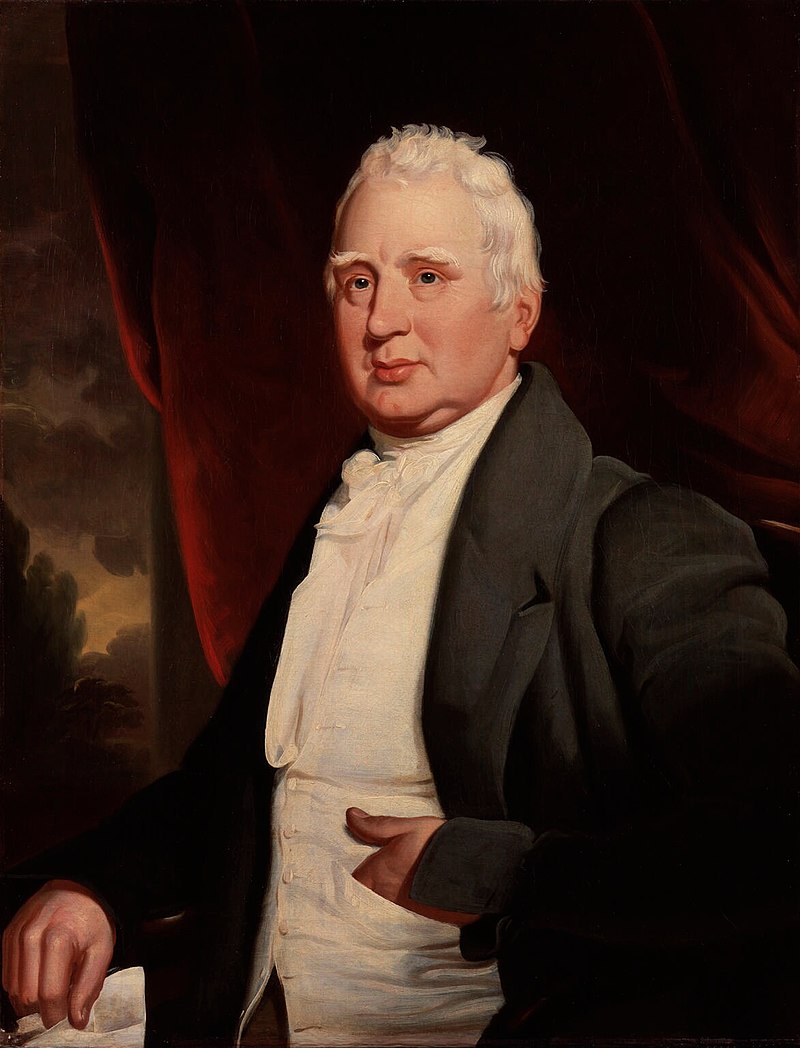SOME CENTURIES OLD PLAY ON WORDS!
POTENTATES TWO TEA POTS
AMENDMENT TEN MAD MEN
GALLANTRIES ALL GREAT SIN
ENCYCLOPEDIA A NICE COLD PYE
BREAKFAST FAT BAKERS
TELEGRAPHS GREAT HELPS
ASTRONOMERS MOON STARERS
LAWYERS SLY WARE
PENITENTIARY NAY I REPENT IT
DEMOCRATICAL COMICAL TRADE
REVOLUTION TO LOVE RUIN
SOVEREIGNTY 'TIS YE GOVERN
PUNISHMENT NINE THUMPS
OLD ENGLAND GOLDEN LAND
ORATOR HENRY HUNT NO ONE TRUTH HARRY
JOHN GALE JONES SEE JOHN IN GOAL
WILLIAM COBBETT I'LL BE AT ITS MOB WC
RADICAL REFORM RARE MAD FROLIC
Background Check:
Who were Henry, John, and William?
Henry "Orator" Hunt (1773-1835) was a firebrand speaker and agitator in the
British parliament best known for leading the charge of working-class radicalism.
He was an important influence in the Chartist Movement for political
reform in Britain, that existed between 1838-1857. He also fought for the
repeal of the Corn Laws in his nation, which were a series of tariffs
and other trade restrictions on imported food and corn enforced
in the United Kingdom between 1815 and 1846.
The word, "corn" in Britain referred to all cereal grains,
including wheat, oats, and barley.
John Gale Jones (1769-1838) was a radical English orator. He was also a
member in good standing in the London Corresponding Society, a federation
of local reading and debating clubs organized in the decade after the
French Revolution, whose goals were to establish democratic
reform within the British Parliament.
The Society appealed largely to the every day working class
population in Great Britain at that time-artisans, tradesmen,
and shopkeepers. Jones was imprisoned at least several times
for his participation in speaking out against the government.
William Cobbett (1763-1835) was a farm boy from Farnham, Surrey, a soldier,
and a member of the British Parliament. He distributed his political views
in unbound and inexpensive booklets which could be widely distributed
among Britain's increasing working class population.
Cobbett sought political reform to better the lives of the common
laborer, especially in his fight to abolish "rotten boroughs" or
corrupt, unrepresented influence within the House of Commons.
During his time in Parliament, he fought for lower taxes, saving,
reversing common enclosures, and resisting the 1821 gold standard.
While living in America, Cobbett opened a bookstore in Philadelphia
in July, 1796. To express his loyalty to his nation and the British crown,
he placed a large portrait of King George III in his shop window.
This open display of pro-British sentiment obviously attracted
curious stares, as well as much consternation within many a
passersby, and is said to have created quite a stir of notoriety
for Cobbett within our fledgling nation at the time.
However, unlike other radical reformers of his day William Cobbett
did not consider himself, "a citizen of the world" nor did he endorse
the idea of a Republican Britain. Cobbett was considered a
conservative thinker and a loyalist to the United Kingdom.
"It quite enough for me to think about what is best for
England, Scotland, and Ireland," he once said.
Th list of anagrams above were featured in my copy
of a reprinted facsimile of The Farmer's Almanack
"Calculated On A New And Improved Plan
For The Year Of Our Lord
1821"
By Robert B. Thomas
(1766-1846)
American journalist
Founder and Editor of
The Old Farmer's Almanack





No comments:
Post a Comment